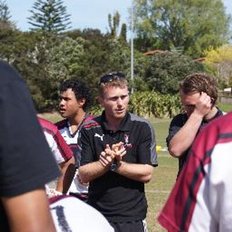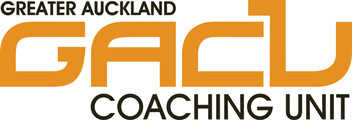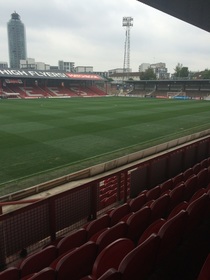1. Constant assessment
2. Constant upgrading
3. Ignore perfect - strive for (a) Pretty Good (b) Better
4. This isn't moral theology - there's time for everything just maybe not today
5. Everything works - for a bit at least. Did it get you closer to the goal?
6. Achieving a Goal Vs Success - enjoy the process
7. After the peak is the cliff - what will you do when you reach the top? Always plan the route down.
8. Self-disciple is a finite resource - communal support needed
9. Fundamentals trump everything else
10. Take a moment to thank those who came before you
Why are Team Sky so successful?, on BBC
- Brailsford: "Elite sport is like a treadmill - stop moving and you fly off"
Pete Carroll, NFL's Eternal Optimist, on si.com
- Where some people say 'worst possible decision', Carroll says 'worst possible outcome'
- PC has "very deliberately created a culture that encourages passion and perseverance - the two components of grit"
- Carroll is "what psychologists call an Authoritative Parent: warm but demanding, unconditionally supportive but with hig expectations"
- Less about victory, more about process
- Striving FOR something, not AGAINST something
- Encouraged different, individual personalities - a celebration of uniqueness
- He wanted to frame even the epic SuperBowl defeat as a teachable moment
Graham Henry: Learned to win the RWC, on guardian
- Culture comes first
- Check your ego. Anecdote of Tana Umage asking Henry - "what/who are the team talks for? Are they for you or for us?"
- Empower your players
- Be smart
- Confront your weaknesses
- Expect the unexpected
Embracing the adaptive capacity of our young learners, on footblogball
- David Epstein = "In our pursuit of better players we are making better 10 year olds but not better senior players. The developmental pathway that makes the best 10 year old isn't the same on that makes the best 20 year old".
The Sports Gene Ch1, by David Epstein
- Most people "simple reaction time" is 200 miliseconds (time for retina to receive info and then put muscles in motion). Elite athletes are the SAME.
- Janet Starkes created modern sports 'occlusion' test in 1975. The test was to show photos from volleyball match with ball just in or just out of the shot. Players look at the photo for a fraction of a second (too quick to see ball). Elite players FAR better to determine if ball in the photo.
- Elite athletes seemed to have 'miraculously' photographic memory when it came to their sport
- Elite athletes CHUNK information - unconscious grouping of information into smaller and more meaningful chunks based on patterns they have seen before
- "perceiving order allows elite athletes to extract critical information from the arrangement of players or from subtle changes in an opponent's body movements in order to make unconscious predictions about what will happen next"
- Brain automation is hyperspecific to the practised skill
- "it is software, not hardware" eg learned, not genetic
Developing World Class Potential, by Mark Upton on medium.
- Notes from Maria Ruiz de Ona talk...
- Environment needs to be positive by very clear about purpose of talent development
- Genuine change will lead to confusion/doubt for a while
- Coach needs to learn to observe
- To produce confident players we must create challenging environment
- "We need doubt - it makes us think"
The Power of Not Punting, on campusrush
- Kevin Kelley's Bruins don't punt the ball. They "always play as if they are 10 points down with 90 seconds left".
- Comes down to careful use of odds and statistics
- "nearly every great football innovation has come out of an attempt to close a talent gap"



 RSS Feed
RSS Feed
